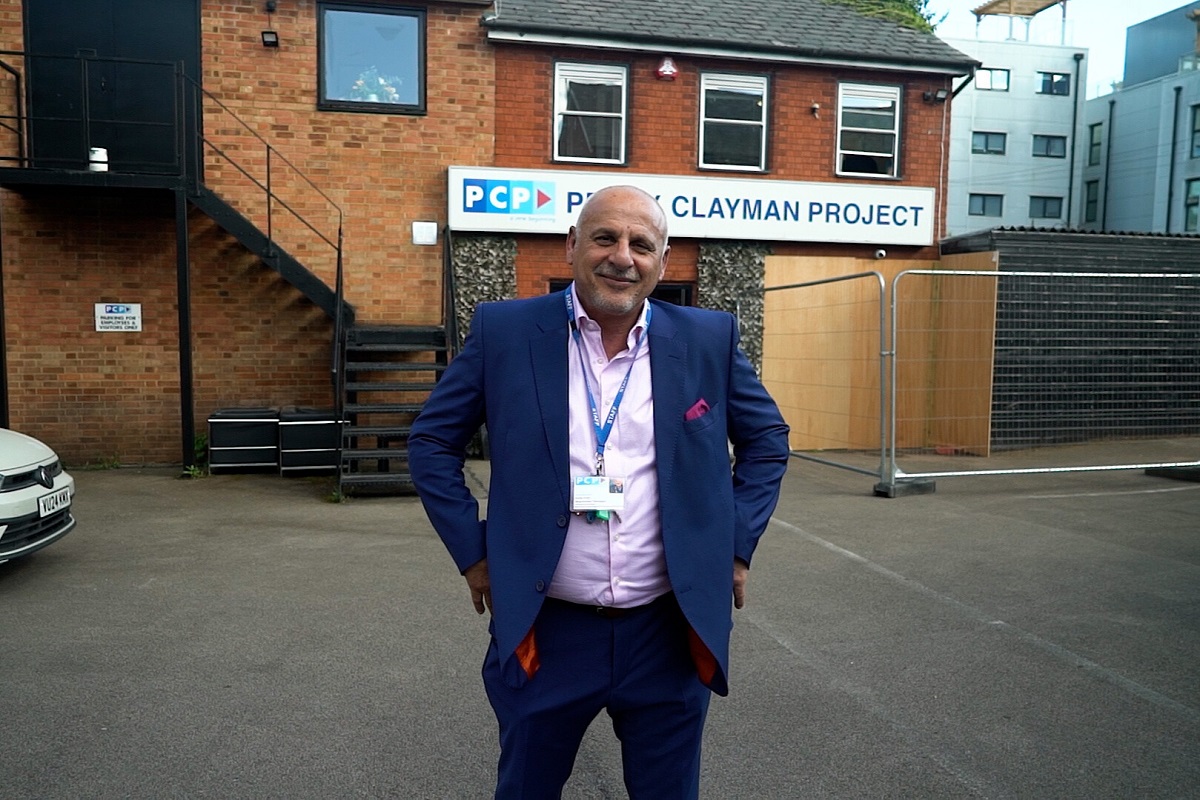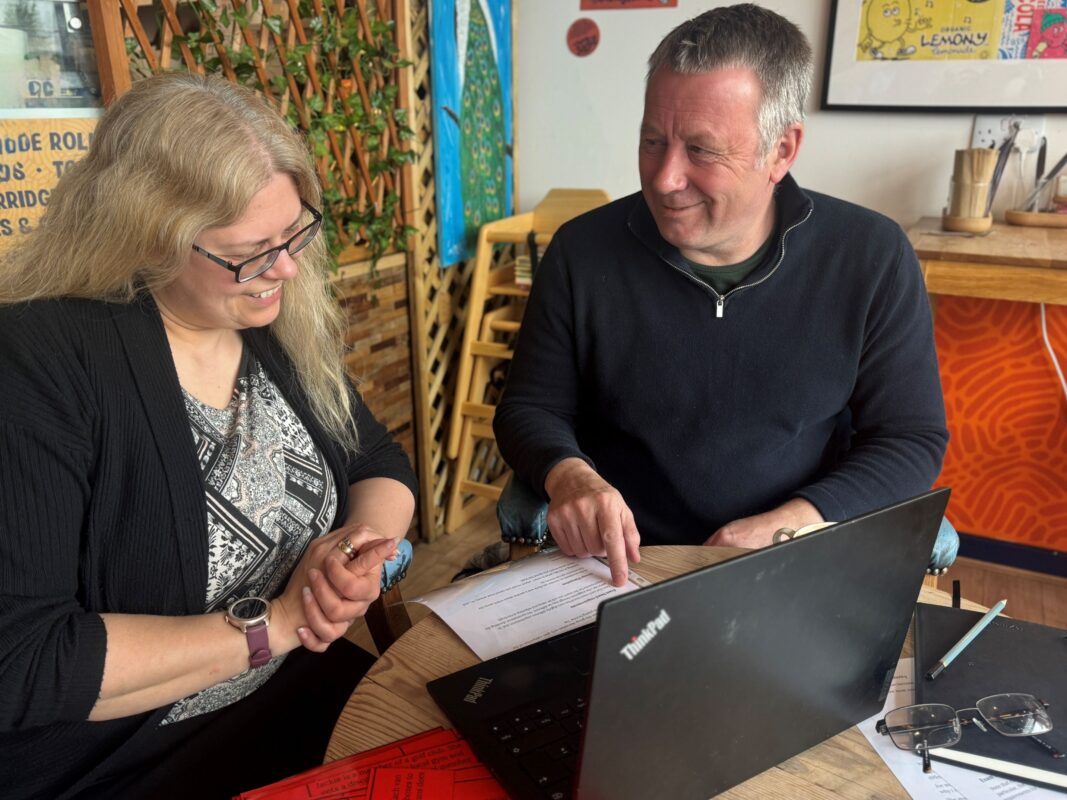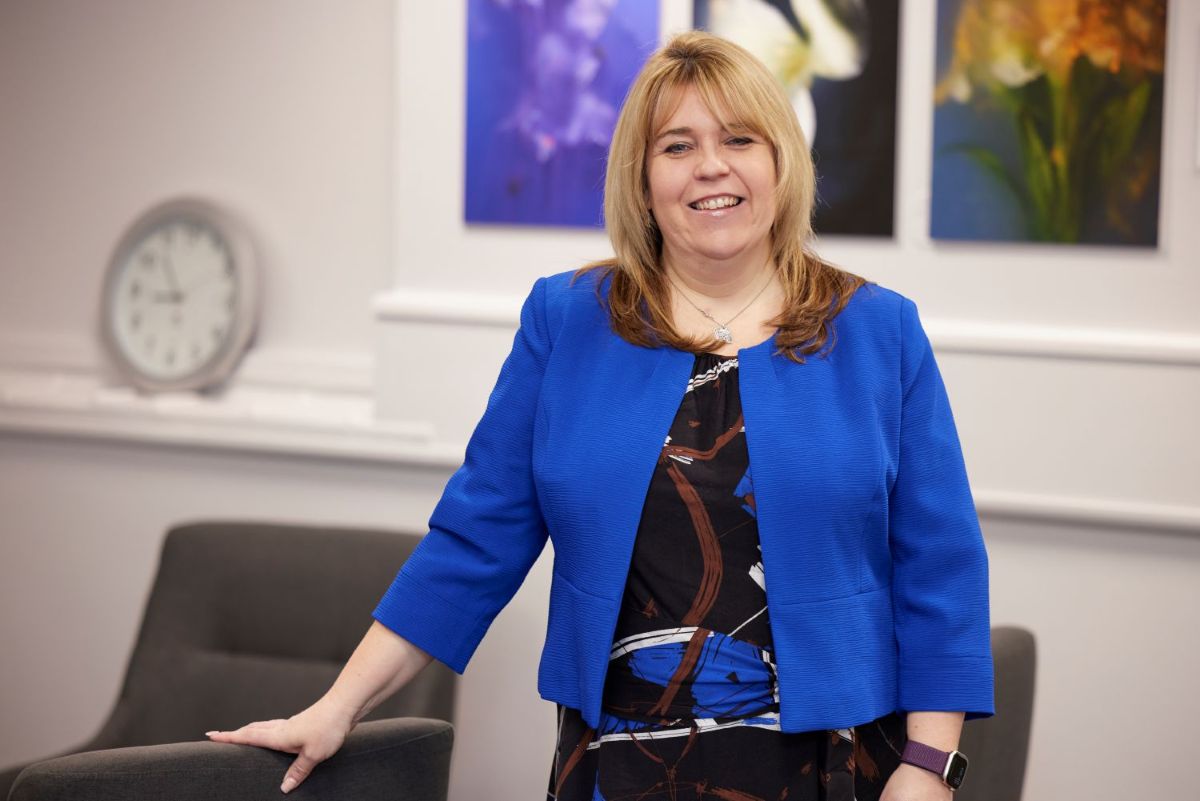World leaders and educators need to be brave and embrace AI in education says leading London head

A leading London head has today encouraged world leaders and educators to be brave in their approach to Artificial Intelligence (AI) in education and embrace the opportunities it may bring for learning.
Speaking about AI, Graeme McCafferty, head at Rosemead Preparatory School in Dulwich, south London, explained:
‘World leaders need to pave the way for educators to embrace Artificial Intelligence in education to unlock personalised learning, enhance teaching efficiency, and bridge educational gaps for a brighter future. Be brave and experiment.’
He added:
‘AI has the potential to become a very powerful tool in education, and it has already started to transform various aspects of what we do at Rosemead. Leaders need to allow teachers and students to fail and embrace the failure as a learning experience.
‘There are so many ways in which AI can be used in schools and we are right at the beginning of this exciting journey. Think about the innovations that can increase productivity in your school such as automated administrative tasks, using AI to help with data analysis and insights, lesson planning and brainstorming ideas for new content, using AI to inform assessment tracking to identify when children may be falling behind, early intervention for neurodiverse children, the list is endless.’
The comments come as world leaders including US vice president Kamala Harris and European Commission president Ursula von der Leyen joined prime minister Rishi Sunak at the UK’s first AI Safety Summit this week at Bletchley Park in Buckinghamshire. Earlier this week, the prime minister laid out his plans to bring AI to classrooms around the country to help improve education and boost efficiency.
Rosemead, which is part of the St Dunstan’s College Community of Schools, has already been using AI to enhance learning. Mr McCafferty explained:
‘We have started to use AI platforms to personalise learning and target gaps in children’s knowledge. We have already seen the benefits of using AI to increase pupil progress and allow children to work at their own pace.’
The summit comes as some have raised their fears about the potential of Artificial Intelligence in the classroom. However, Mr McCafferty encouraged school leaders not to be fearful of the new advances and embrace it like any other technology launches in the last 30 years.
‘I often say to teachers, think back 30 years and everyone was worried about computers being introduced into schools, think back 20 years and Google was terrifying educators as it would change how children would learn,’ he explained. ‘Even as recently as 10 years ago schools were beginning to think about 1:1 devices, gamification in lessons and mobile devices. All these changes are now commonplace and taken for granted.
‘Embrace AI as its the next wave of innovation and I am sure it will be commonplace in schools very soon.’











Responses